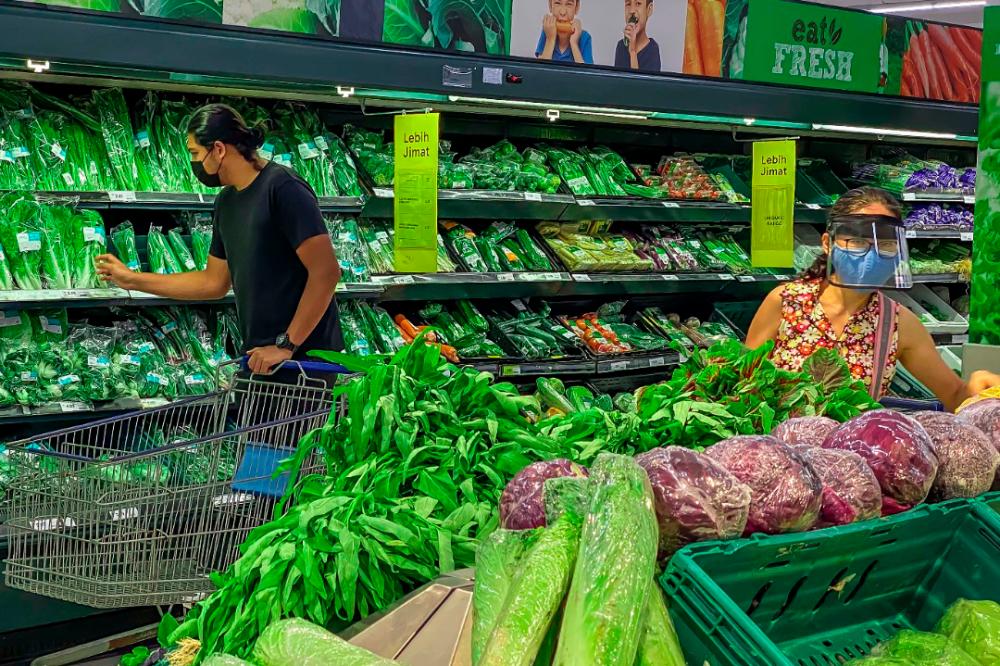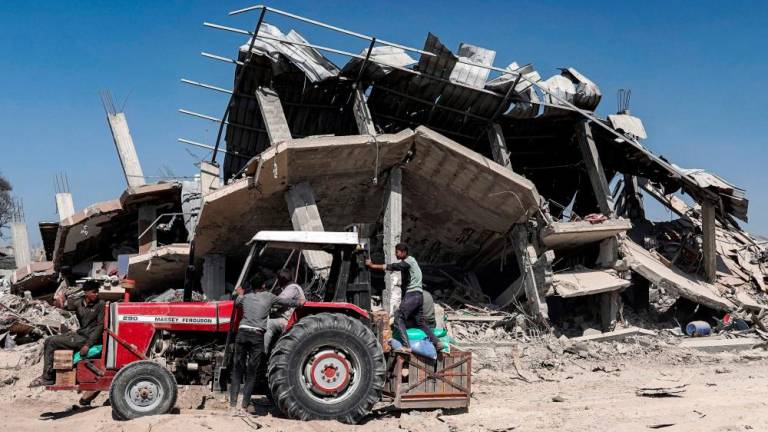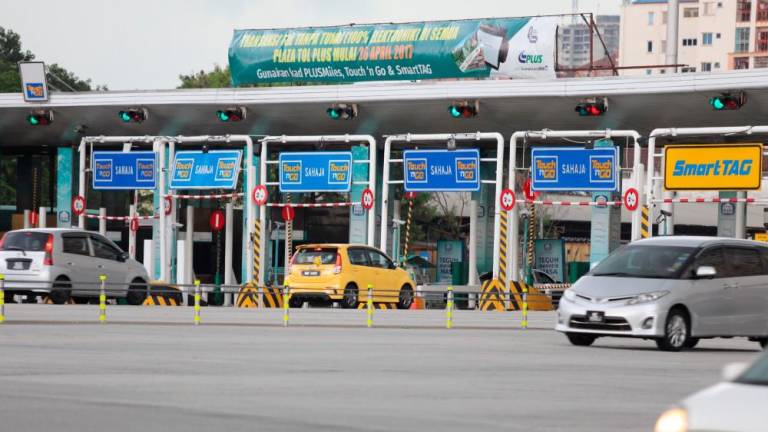PETALING JAYA: Steps must be taken domestically and externally to secure food supply in Malaysia.
According to an economist, this can be done by modernising the agriculture sector while diversifying sources of food imports.
Sunway University Business School professor of Economics Dr Yeah Kim Leng pointed out that food security is about meeting basic needs rather than economics.
“Next to public health, food security is at the top of the priority list and as such, the supply chain needs to be protected.”
He said risks to food security have become even more pronounced as climate change brings with it extremes in temperatures and natural disasters.
“Compared with extreme weather conditions that can disrupt the food supply chain, the Covid-19 pandemic is not that bad.
“We have to find ways to protect our food supply chain and for the long term, we should start with making the agriculture sector a part of the economic growth plan,” he said.
He added that the domestic agriculture sector could focus on staples such as rice, and rather than just meeting immediate needs, there must be a reserve stock for emergency use.
However, he said Malaysia will still have to import food, as self-sufficiency is not economically possible.
“Given that we cannot rely entirely on domestic sources, we will have to ensure that our food import agreements are binding. At the same time, Malaysia cannot risk relying on just a few countries. In times of crisis, all countries will put their own needs first.”
Yeah said what is crucial is that Malaysia secures a resilient supply chain to protect the nation from changing weather conditions.
“Failure to do so, on the extreme, could lead to starvation.”
Malaysia has depended on food imports for years and last year, the bill came up to a whopping RM55.5 billion, the highest ever.
According to the Statistics Department, Malaysia is highly dependent on imports of mutton (RM879.4 million spent last year), mangoes (RM87.9 million), coconuts (RM266.1 million) and beef (RM2.2 billion). These are imported from Australia, Thailand, India and Indonesia respectively.
As a country dependent on food imports, the security of food supply has been an important topic for years. The risks have risen as a result of the Covid-19 pandemic, and will only worsen with climate change.
Universiti Teknologi Malaysia geostrategist Dr Azmi Hassan said the pandemic has shown how important it is to have food security.
He said at one point during the pandemic, Vietnam stopped exporting rice to Malaysia, causing a problem for the country.
“This has shown us how fragile our supply chain can be in times of difficulties. Food security is important because an insufficient supply of staples can lead to political instability,” he told theSun.
“In the 1970s and early 1980s, we were self-sufficient for rice, but our priorities changed when we started to focus on the manufacturing sector as it provided more jobs and higher profits,” Azmi said.
“We neglected the agricultural sector. We need to give priority to this sector now.”
He added that modernising the agricultural sector is important to ensure food security.
“It will not happen overnight as we cannot simply import technology. We need to develop our own expertise. This means we have to give priority to research in the agricultural sector.”
“The people as well as politicians need to be convinced about the importance of food before we can move forward. We also need to take proactive steps to protect our agriculture land if we want food security.”













